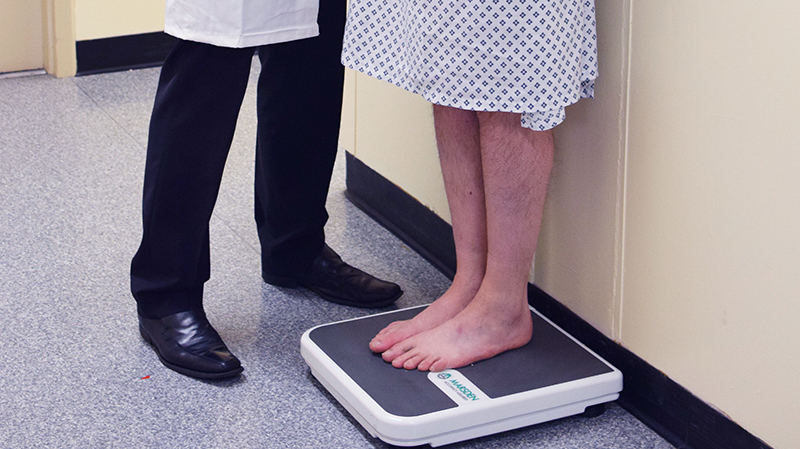Weighing patients for diagnostic purposes (White Paper)

When weighing patients for diagnostic purposes it is imperative that the weighing scales being used are accurate - not only because it is in the best interests of the patient, but also because the scales used are subject to regulation.
According to Cllr Geoffrey Theobald OBE, Chairman of LACORS, “An inaccurate petrol pump or supermarket scales isn’t exactly a matter of life or death but getting accurate, consistent weight readings for hospital patients could be. When you consider why a patient would be weighed - to calculate dosage for medication, anaesthetic or even radiation - you realise the importance of getting weight right.”
The current weight regulations have been strongly influenced by the LACORS report into weighing equipment. So we’ve put all you need to know about the regulations and information on how to weigh patients accurately into our new, free guide - which can be downloaded below.
The LACORS study
When council trading standards officers tested hospital scales as part of the LACORS’ national study of weighing equipment they found one third to be inaccurate.
There was also found to be issues with staff training, an over dependence on Class IV scales and poor testing procedures.
Cllr Geoffrey continued, “According to the results of the National Medical Weighing Project, one-third of all hospital scales are inaccurate. Some of these inaccuracies could be tiny and have little effect on patient care, for example when monitoring adult obesity. However when weighing a premature baby to calculate medication, pinpoint accuracy is crucial.”
Recommendations of the study
Following the conclusion of the report, hospital trusts were provided with the following recommendations:
- Each hospital or trust should procure all weighing equipment centrally (rather than on a ward-by-ward basis), ideally by the department responsible for maintaining the equipment.
- Each trust should instigate a programme of testing for their equipment.
- Basic training in the use of weighing equipment should be given to all necessary staff.
- Any inaccurate equipment should be removed from service pending replacement or repair.
- All scales used for medical applications should be Class III accuracy or higher.
- All scales used for medical applications should only display metric units.
Marsden is the leading supplier of weighing scales to NHS hospitals. Our range of scales suitable for weighing patients for diagnostic purposes can be found here. For our full range of medical scales, click here.
To find out all you need to know about weighing patients for diagnostic purposes download the white paper below. Alternatively, you can call us on 01709 364296 or contact us here.